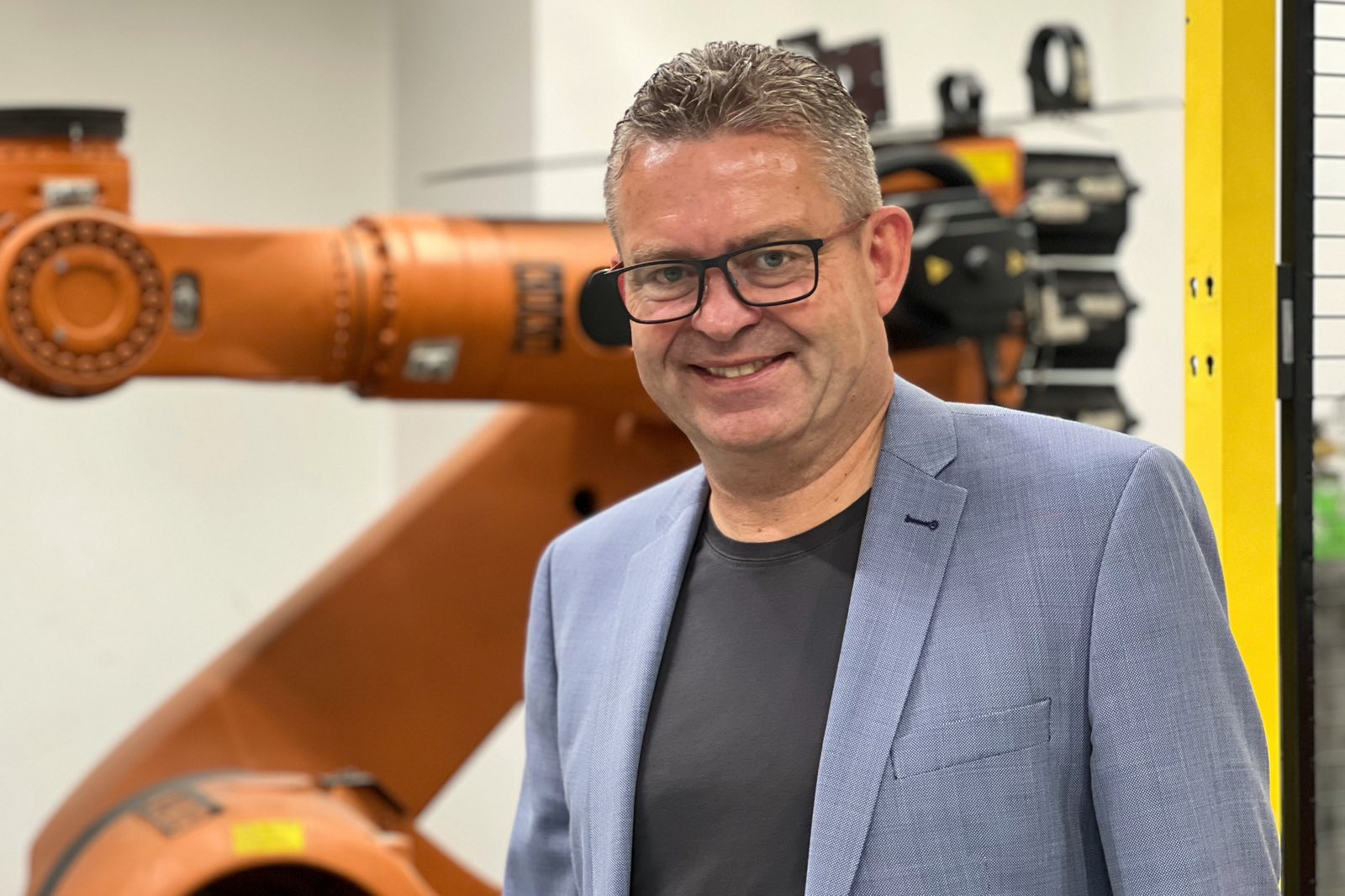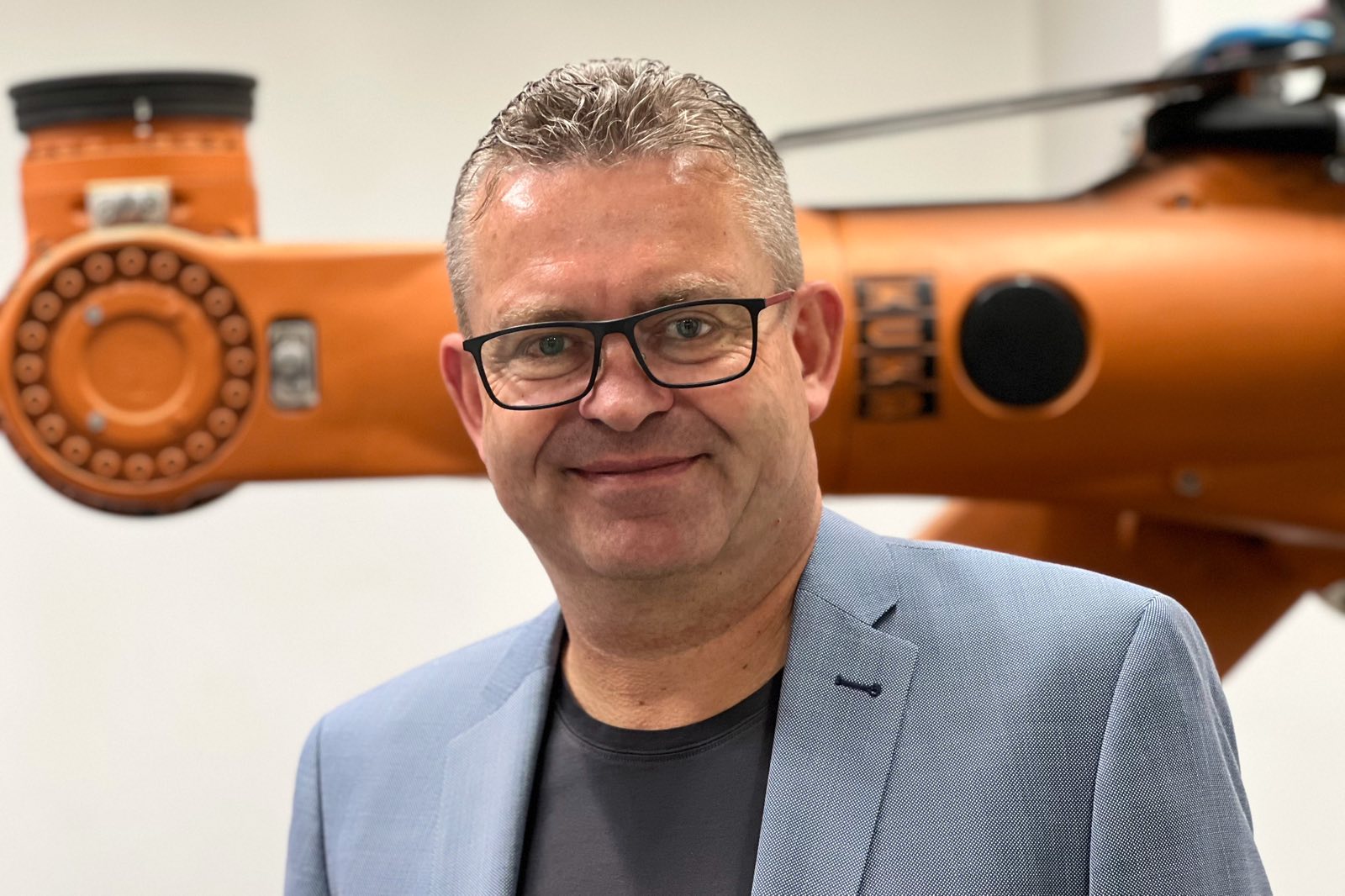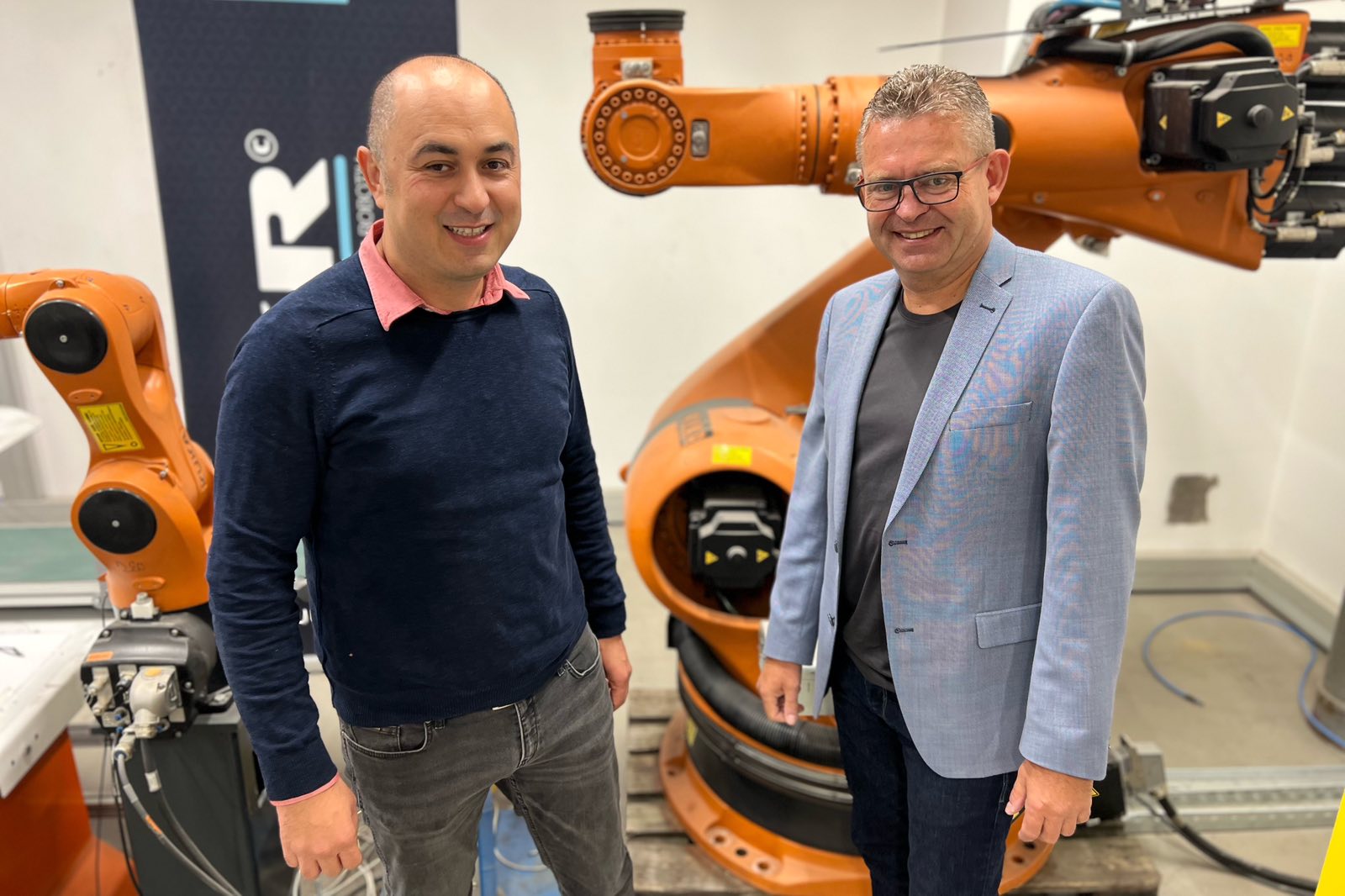Dieter Hansch has been working in the world of industrial robotics for 32 years. He is a professional who was at the very top of management at KUKA AG for many years. This expert visited Tuzla and the DKR Center for Robotics, and during his stay in an exclusive interview he spoke about topics related to industrial robotics, as well as the potential that Bosnia and Herzegovina currently possesses in this field.
We bring you exclusively the story of an expert and professional who dedicated his working life to industrial robots.

For everyone who knows at least something about industrial robotics, they have heard of the global giant KUKA AG, and in one part of their success our guest played an important role at KUKA achieveing its momentum in the market. Among many other things, Dieter was part of founding a complete factory for the production of robotic arms in Romania, and throughout the world from India to North America he designed the work of KUKA robots in the production of the world’s best automotive brands, where industrial robotics also achieved its greatest application.
At the very beginning of the conversation, Hansch points out that even after all the years spent in the industry, he still feels the same energy about work and research in this technological field and is ready to transfer his knowledge and experience to the potentials of Bosnia and Herzegovina. This is also his first visit to our country.
Given the rapid technological development and digitization, the need for innovation has never been greater, and in this regard, robotics in itself provides incredible opportunities, especially in the automation of production processes. On this occasion, Hansch recalled that robotics experienced the greatest expansion from 1990 to 2010, and with the arrival of new softwares and artificial intelligence, the question arises, what will robotics offer us in the future?
“In recent years, development has been accelerated due to the fact that more new fields are opening up, such as humanoid robotics, artificial intelligence and various software,” Hansch begins.

“Due to better sensors, robots could ‘see’ better in the future and be more sensitive to temperatures. Based on this, new fields of their application are opened in combination with new technologies. In principle, the key is to raise their productivity, because with that we also get to raise the economic standard of the country,” continues Hansch.
Today, we have robots represented in numerous branches of industry, medicine, and ultimately also in the household. Often in Bosnia and Herzegovina, robotics and its introduction into production processes are associated with a replacement for human labor and the possibility of firing workers, which is completely wrong, Hansch notes.
“In the last 32 years that I’ve been working in robotics, I’ve never seen anyone lose their job because of it. In principle, the robot has always been used to replace the workforce, i.e. those people who should perform certain jobs. In the simplest terms, a worker is a much more valuable being compared to a robot that is there to make it easier for us to perform certain jobs and gives us the opportunity to actually focus on performing better jobs and thus become more productive,” Hansch believes.
As in all other fields, there are ethical principles in robotics, i.e. unwritten and written rules and principles that every person has used and uses during their work. Namely, Hansch concludes that robots are there to make our lives easier and raise the standard of living, but it is up to country to create opportunities for the development of robotics and automation, and ultimately to realize the benefits that the introduction of new technologies brings.

Dieter believes that Bosnia and Herzegovina has enormous potential in the field of industrial robotics, but it’s not using it. As he says, all of this requires the help of the country, because without such a support there is not enough energy, and therefore no innovation.
“BiH has enormous potential, and when compared to Germany, I can say that it is relatively at the beginning. The DKR Center is a pioneer in robotics here, and it is they who are improving the entire process so that your country is not in the last place in this area. Your potentials are in manpower and it is necessary to use them. I am convinced that a huge number of robot machines will be represented in BiH because you have the possibility to build knowledge. Ultimately, you have the possibility to be in the rank of developed countries,” says Hansch.
The creation and production of robots go hand in hand and it is impossible to separate them.
“The idea is to use modern robots to make exactly the same products all over the world, regardless of whether they are produced in Stuttgart or Tuzla. It is important to create greater added value based on robots, after which each country can increase production productivity, and then the standards naturally increase, and thus people stay in their country,” concludes Hansch.
We at DKR are glad that we had the pleasure of hosting one of the best experts in the industry, who once again confirmed to us that we are on the right track and that robotics is the key to raising productivity and economic standards in our country.
